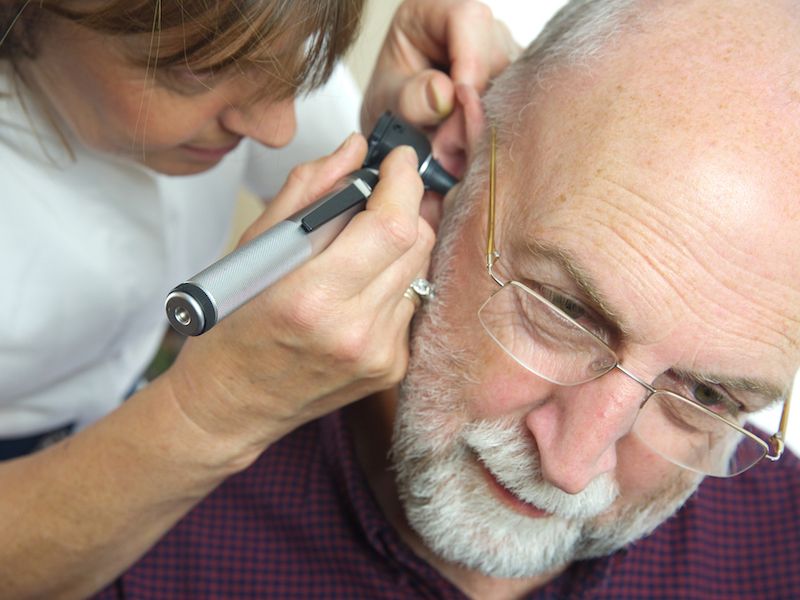
If you own glasses, you know you still need to make an appointment with your eye doctor once a year, right? Due to the fact that, over time, your eyes will change. In fact, nothing in your body is static, not your eyes and not, the reality is, your ears aren’t either. That’s the reason why even after you buy hearing aids, you should continue having your ears examined just as you do with your eyes.
Unfortunately, many people miss those regular checkups. It’s easy to forget to go in to see your hearing care expert because you’ve been too busy enjoying your life. Or maybe lately, work has been stressful. Or it’s possible you’ve simply been so satisfied with your hearing aids that you haven’t had a reason to get another appointment. You would usually think of that as a positive thing.
In the long run, for individuals suffering from hearing loss, it is even more relevant to have even one follow-up consultation. Even in the face of that, ongoing care is often ignored. According to one survey, only 33% of seniors with hearing aids also used regular hearing services.
After You Have Hearing Aids, Why Would You Need to Get Regular Checkups?
Your hearing is not static. It changes over time. It’s significant to adjust the hearing aids to counter those changes. Occasional testing helps monitor any variations in hearing and catch concerns early.
It may be a good plan to have regular checkups for other reasons too. Here are some reasons why you really should make it to your hearing exams:
- Hearing degeneration: Even if you use a hearing aid, your hearing might continue to deteriorate. If this degeneration is slow enough, you probably won’t recognize it’s taking place without the help of a hearing test. Appropriate alterations to your hearing aids can often slow hearing declines.
- Hearing aid calibration: Though your general hearing health may remain stable, small differences in your hearing might produce the need for annual calibration of your hearing aid. Your hearing aids might gradually become less reliable if you don’t get this type of calibration.
Along with tracking changes in your hearing, it’s crucial to occasionally get a professional cleaning. We can clean all the small components and keep your hearing in peak conditions and make sure it’s working at it’s best performance.
If You Don’t Follow up With Regular Examinations There is a Consequence
If you get frustrated with your hearing aids, say because they don’t work the way you expected them to, you may just discontinue wearing them and that wouldn’t be good. Using hearing aids helps you hear better, of course, but it also affects your overall health. You might not notice it immediately, but your hearing could decline quicker if you stop wearing your hearing aids. Increased chance of hearing problems, along with mental decline, have been related to loss of hearing.
If you want your hearing aids to continue working at an optimal level, frequent exams are going to be your best bet in the way of accomplishing that. So that you can make sure your hearing aids are functioning properly be you need to have yearly hearing exams. So now is the time to make your hearing appointment.
